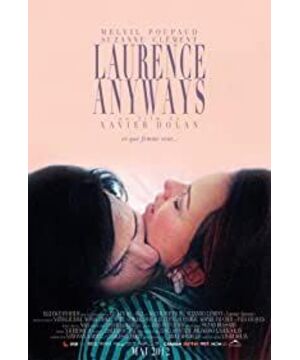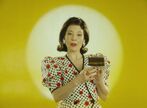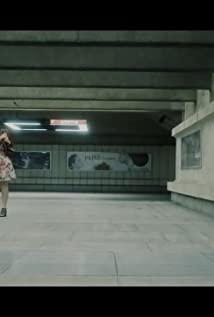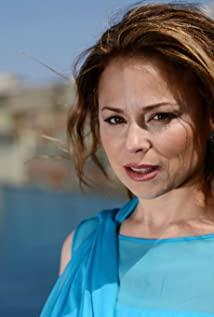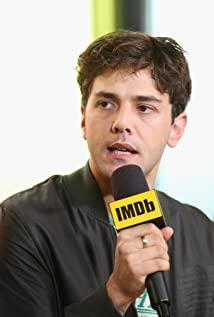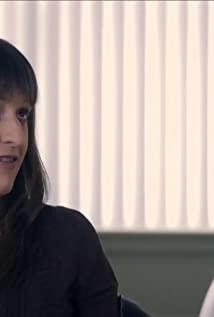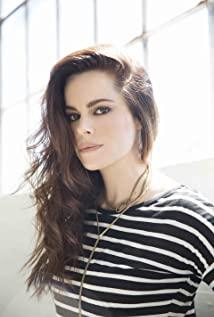X: After filming'I killed my mother J'ai Tué Ma Mère', we returned to Montreal in the countryside. We rode with a few technicians in the team, and Anne Dorval (mother's actor) was with me at that time. We talked about some things, and one of them told her about a past relationship experience: One night, her partner told her that he wanted to become a woman. I guess that such a change, although it is undoubtedly different for every couple and individual, it is not her unique experience. But from her tone of voice, emotions, and calmness to secrets, I imagine that over time, if their past together has not been completely erased, it would not be impossible to explore this issue again. I wrote 30 pages after I went back that night. I clarified the theme and ending of the film. After everything was ready soon, I wrote it slowly, between shooting, sometimes at night, during the period in South America, anyway, when everything is possible.
Q: Are things like "I killed my mother J'ai Tué Ma Mère" or "Les Amours Imaginaire" autobiographical?
X: Yes, nor is it. First of all I am not a transgender person, this is one. Yes, in the final analysis, because if nothing else, all my films so far are autobiographical or personal. To be honest, it is unlikely that I will exclude the ego factor in my movie. In addition, I really don't believe that movies can exist completely independently. The film has its appeal, but the director always brings a little self in it. I might be a little rash, I added a ton to it. May make people feel narcissistic or self-centered, I don't care. I refuse to pay attention to the rhetoric of those who don't know you. It's not that I haven't fought back, but at this time, my reactions are all private. I feel comfortable when I hear them, but I feel uncomfortable when I hear prejudices, instead of confronting them undisguisedly. In fact, people who have watched my film have their own understanding of me. If I decide to make a movie, I will act in it just for fun and fear that others will forget me. So, I understand that some directors love to dress up because of their natural fear of being ignored. This is why I feel that every movie has a certain proportion of autobiographical nature. Because no one is stupid enough to let go of this good opportunity to leave their mark. In order to prevent our memory from disappearing, we sold it to a collective memory bank larger than ourselves, and gave up the real life that should have continued. One movie after another, it becomes more and more difficult for us to go back, and we are spinning around. Soon, in the movie, I can only talk about the movie.
Q: Since the three films, you have chosen a production team with many senior artists to ensure the quality and visual effects of the film, which also led to an increase in costs-the budget has increased by 8 times compared to the initial period-who pushed you to enter The circle of masters like clouds?
X: It has nothing to do with other people. It's exciting to think about working with talented people. Whether it is an actor, a technician, an artist, or a photographer, their humility or nobility has little to do with me. I only care about their nature, taste, and talents. From one movie to another, we are building a team, some people leave and others stay. I wanted to work with the production director Yves Bélanger early on. He is an artist and a lunatic, talkative, passionate, and knowledgeable. We are in good tune. Set designer Anne Pritchar is so creative and striving for perfection. She works with Louis Malle from Parma, and I can't rest assured. There is also François Barbeau, who has made a dozen or so costumes for the movie, and he is a master whom I want to apprentice to. These experts can share many experiences, and it is silly to be scared of them to speak out. We work together to build a movie, from the whole to the corners and even the smallest details, slowly improving. I know that I am not much better than my peers in every aspect, but I am not kidding. I also worry that a director who is 25 or even 30 will be overwhelmed. Together with Avec Bélanger, Pritchard, and Barbeau, there is no doubt enough wisdom and experience, and we must listen to and collaborate with each other.
Q: What are your influences on this work?
X: In order to prepare for this film, I bought more than ten journals, albums, and photo albums at the MOMA (New York Museum of Modern Art) store, bookstores in New York and Montreal, and ordered materials for researching costumes on Amazon and Ebay. And fashion magazines. It looks like Nan Goldin in general, and there are a bunch of names of photographers I can report. There are also Matisse, Tamara de Lempicka, Tamara de Lempicka, Chagall, Picasso, Monet, Bosch Hieronymus Bosch, Seurat, Mondrian (framing), Klimt (color coding, The uniform tone of certain film periods; brown period, gilded period, lavender period).
In the movie, I have a quick and precise tribute to Marlon Brando in "A Streetcar Named Desire". I like to use close-ups repeatedly, like Demme's "The Silent Lamb" (shallow depth of field, looking at the camera, sense of surveillance, high approach). From the ambition of rhythm and narrative, I intend to follow Cameron and his "Titanic". In all respects, everything I have read, read, and understood from the words and phrases that have inspired me in the past, even if some are not my dishes, it is normal. All these beautiful, touching and brilliant things should be able to naturally arouse our imagination and words in theory. And I didn't struggle with it at all, because I knew that what inspired me did not affect me but touched me. Whether it is because of admiration for a thing and being affected by it, or because of our worldview, perspective, language, age of growth, values, trauma, and our respective fantasies, the illusion in all time will become more and more important. It has become clearer that some things are actually the opposite. In these emotional prejudices, it is difficult for us to get the original inspiration. This is a kind of imaginative'Arabian phone' (téléphone arabe, refers to a game of word of mouth. We will find that the person who is finally told speaks The sentence is a thousand miles away from the original sentence). No matter what, these are all made by me.
As a filmmaker I have many desires, but I never plan to create a style or school of thought. Since 1930, there has been everything that should be there. What is important? My job, I decided, is to tell a story, tell it well, and then arrange the story in the play in a reasonable and reasonable manner. The rest (style, genre), whether it is invention or inheritance, is a coincidence, showing that nothing is easier than having an idea.
Original: http://www.cinemovies.fr/fiche_info-21777-prod.html Please advise
View more about Laurence Anyways reviews


